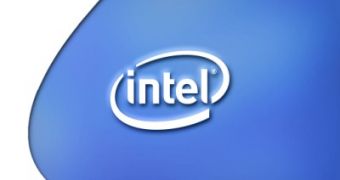The Wisconsin Alumni Research Foundation (WARF) intends to sue chip manufacturer Intel for an alleged patent violation. The lawsuit is based on the supposition that Intel's Core 2 Duo processor infringes on Patent No. 5,781,752 (also known as the '752 patent).
The '752 is entitled "Table Based Data Speculation Circuit for Parallel Processing Computer." The patent has been filled by WARF in 1998 and is supposed to enhance the performance in modern processors by improving opportunities for instruction level parallelism.
"A predictor circuit permits advanced execution of instructions depending for their data on previous instructions by predicting such dependencies based on previous mis-speculations detected at the final stages of processing. Synchronization of dependent instructions is provided by a table creating entries for each instance of potential dependency. Table entries are created and deleted dynamically to limit total memory requirements," reads the patent.
According to WARF spokespersons, the University has already spoken with Intel officials about the patent infringement problem in 2001, but their initiative was left without an answer. The University suggested that Intel would purchase a technology license, but despite the fact that the two organizations met a few times during the last years, they were not able to reach an agreement. The Wisconsin Alumni Research Foundation moved their claim to the court as a last resort.
"We are disappointed with Intel's lack of response in resolving this matter, and while we were not anxious to use the courts to enforce our patent rights, we have no other recourse given our duty to protect the intellectual property of our inventors and the university," said the foundation in a statement.
As for Intel, the company spokespersons confirmed the fact that they have acknowledged the organization's claims and at the moment it is evaluating the situation. The chip giant did not provide its own side of the story, but its interest in getting a technology license leaves room for speculations.

 14 DAY TRIAL //
14 DAY TRIAL //